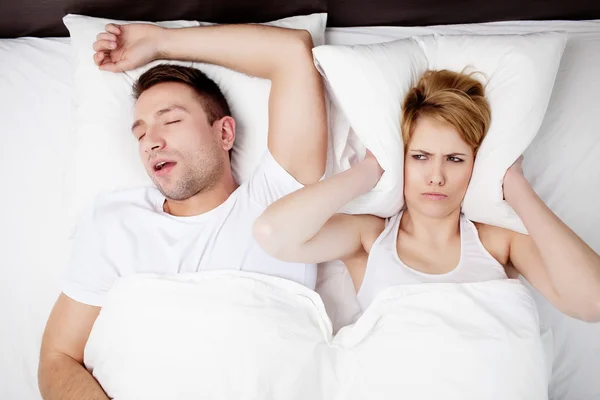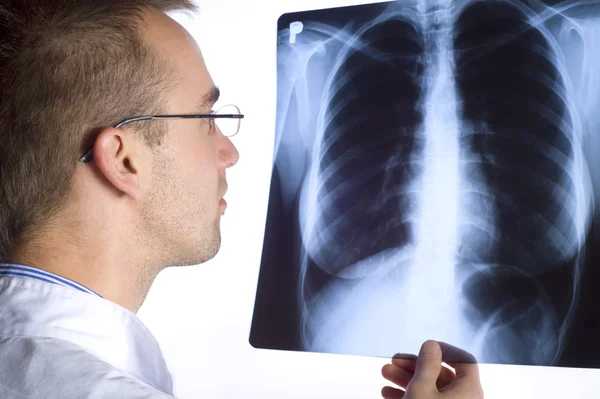Reversing Sleep Apnea: Effective Treatments and Solutions
Sleep apnea is a serious condition where breathing repeatedly stops and starts during sleep, leading to disrupted sleep, daytime fatigue, and an increased risk for health problems like heart disease and stroke. Fortunately, sleep apnea is treatable, and in many cases, it can be reversed with the right interventions. This guide explores the most effective treatments and solutions to manage or reverse sleep apnea and regain restful sleep.
Sleep apnea is a serious condition where breathing repeatedly stops and starts during sleep, leading to disrupted sleep, daytime fatigue, and an increased risk for health problems like heart disease and stroke. Fortunately, sleep apnea is treatable, and in many cases, it can be reversed with the right interventions. This guide explores the most effective treatments and solutions to manage or reverse sleep apnea and regain restful sleep.

1. Lifestyle Changes: The First Step Toward Reversal
The foundation of managing sleep apnea often begins with healthier lifestyle choices. For many individuals, sleep apnea is strongly linked to excess weight, so losing weight can be a key factor in alleviating the condition. A balanced diet, regular exercise, and weight management can reduce fat around the neck and throat, improving airflow during sleep and potentially reversing sleep apnea symptoms.
Avoiding alcohol, sedatives, and smoking is also crucial. Alcohol and sedatives relax throat muscles, worsening apnea, while smoking leads to inflammation and fluid retention in the upper airways, aggravating the condition. Quitting smoking and reducing alcohol intake can significantly ease symptoms.
Additionally, sleeping on your side rather than your back can prevent the airway from collapsing. Special pillows or positional therapy devices can help maintain this sleeping position and improve breathing patterns.
2. Continuous Positive Airway Pressure (CPAP)
One of the most widely used treatments for sleep apnea is Continuous Positive Airway Pressure (CPAP) therapy. CPAP involves a machine that delivers a steady flow of air into the throat to keep the airway open during sleep. While CPAP does not reverse sleep apnea, it dramatically improves symptoms and the overall quality of sleep, particularly for individuals with moderate to severe cases. CPAP therapy can reduce daytime fatigue, improve alertness, and lower the risk of long-term health issues related to untreated sleep apnea.
3. Oral Appliances
For individuals with mild to moderate sleep apnea, oral appliances (also known as mandibular advancement devices) can be an effective alternative to CPAP therapy. These custom-made devices reposition the lower jaw and tongue to keep the airway open during sleep. Oral appliances are particularly helpful for those who experience apnea while sleeping on their back or for those who find CPAP uncomfortable. Although not a cure, these devices can significantly improve sleep quality and reduce symptoms.
4. Surgery: A Last Resort
In some severe cases, or when other treatments have failed, surgery may be recommended to treat sleep apnea. Surgical options can include procedures to remove excess tissue from the throat, reposition the jaw, or implant a device to stimulate airway muscles. Surgery is generally reserved for individuals with anatomical issues that cannot be effectively treated by non-invasive methods.
Examples of surgical interventions include:
• Uvulopalatopharyngoplasty (UPPP): A procedure that removes excess tissue from the throat to widen the airway.
• Inspire Therapy: A surgically implanted device that stimulates airway muscles to keep the airway open during sleep.
5. Alternative Therapies and Remedies
Some individuals find relief through alternative therapies, although these should be considered as supplementary treatments rather than primary solutions. Acupuncture, chiropractic care, and certain herbal remedies may help alleviate symptoms, though further research is needed to confirm their effectiveness in treating sleep apnea.
Conclusion
Reversing sleep apnea is achievable through a combination of lifestyle modifications, medical treatments, and in some cases, surgery. By adopting healthier habits, using devices like CPAP or oral appliances, and considering surgical options, many individuals successfully manage or even reverse sleep apnea. If you suspect you have sleep apnea, it is vital to consult with a healthcare provider to determine the best course of action tailored to your specific condition. Taking proactive steps toward treatment can greatly improve your quality of life and long-term health.








